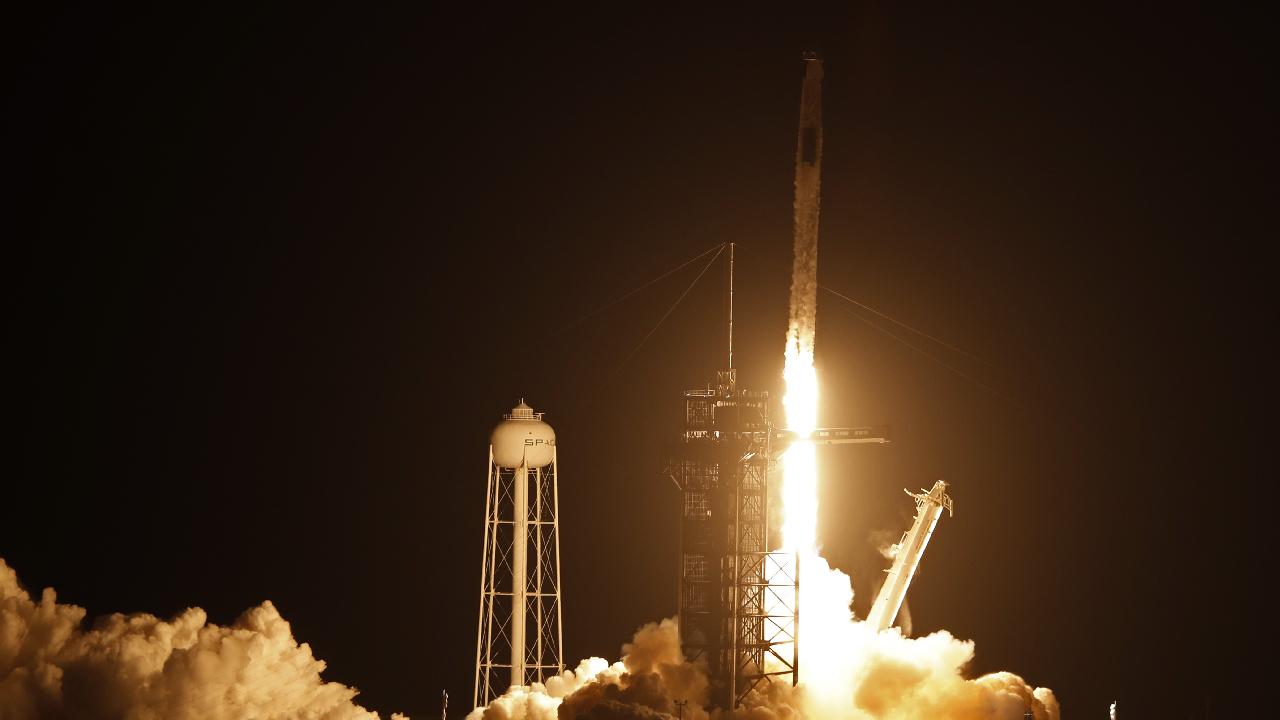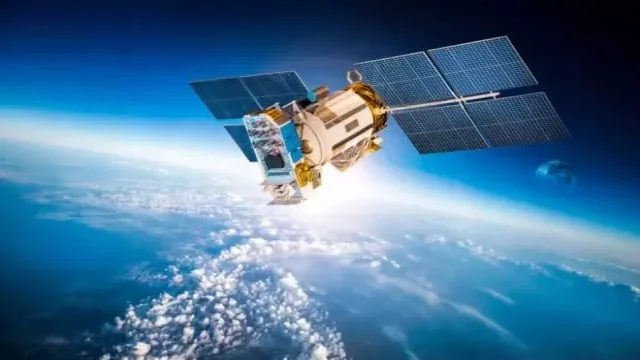The number of satellites orbiting the blue planet is increasing day by day. Elon Musk’s latest customer has been announced. Although reluctant, the European Space Agency agreed with SpaceX to launch GPS satellites. The European Space Agency has equipped its Galileo satellites with the latest technology. It will launch with SpaceX very soon. Here are the details…
The European Space Agency made an agreement with SpaceX to launch Galileo satellites!
SpaceX has reached an agreement to launch four Galileo satellites next year in coordination with the European Space Agency. Satellites equipped with the latest technology will be launched with Elon Musk’s Falcon 9 rockets. Thus, new ones will be included in the 28 satellites around the Earth in Europe’s global navigation system.

For the agreement to enter into force, it must reach final approval by the European Union’s executive body. This deal will likely happen before the end of 2025. European Commission spokesperson; “We have taken all necessary steps to ensure the continuation of the Galileo constellation. “We will deliver exceptional service in the months and years to come.” said.
According to European Space Agency Navigation Director Javier Benedicto, Falcon 9 rockets carrying Galileo satellites will be launched from the USA. Officials are reluctant to trust the European Commission to a US company to deliver critical infrastructure to space. However, Europe has no choice due to the war in Russia and the delay in Europe’s Ariane program.
The European Galileo system rivals the US’s Global Positioning System, China’s Beidou and Russia’s GLONASS. This event actually includes many firsts. Galileo satellites will be launched outside an EU region for the first time in 15 years. At the same time, this event is a first for Musk. SpaceX CEO Musk has never before been tasked with launching European satellites containing secret equipment.
In fact, this is not the first partnership between SpaceX and the European Space Agency. In July a collaboration with the Euclid telescope was launched. Thus began the telescope’s six-year mission to investigate the dark universe. After a rocky start, the Euclid Telescope recently found its guiding stars again.














